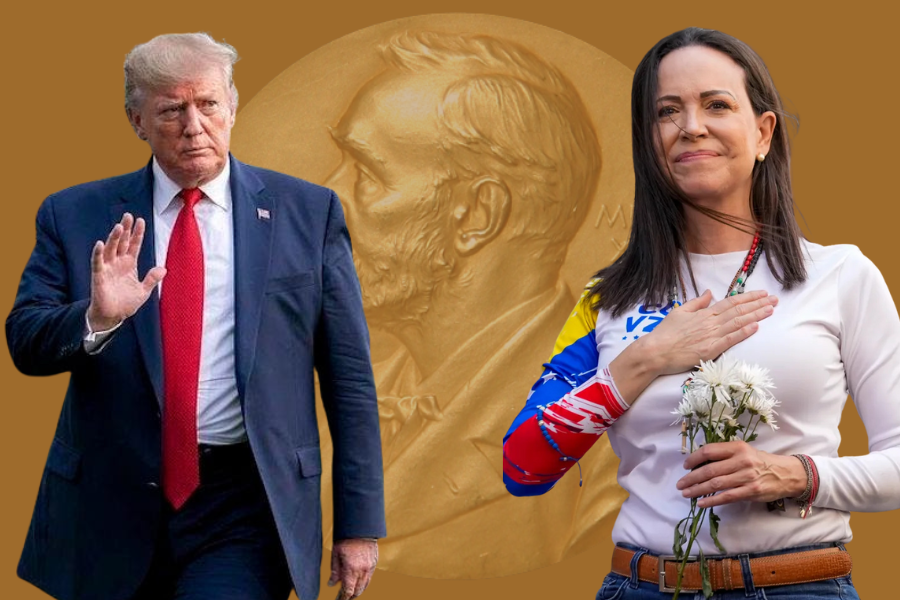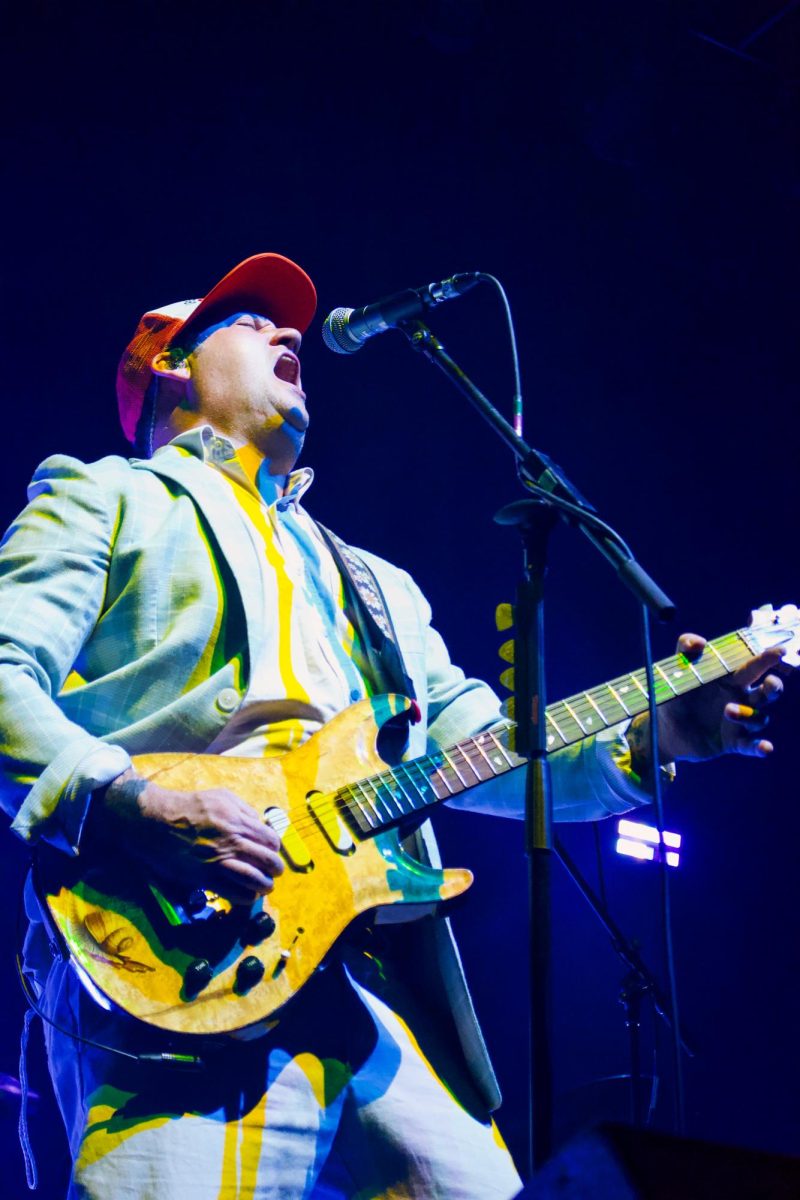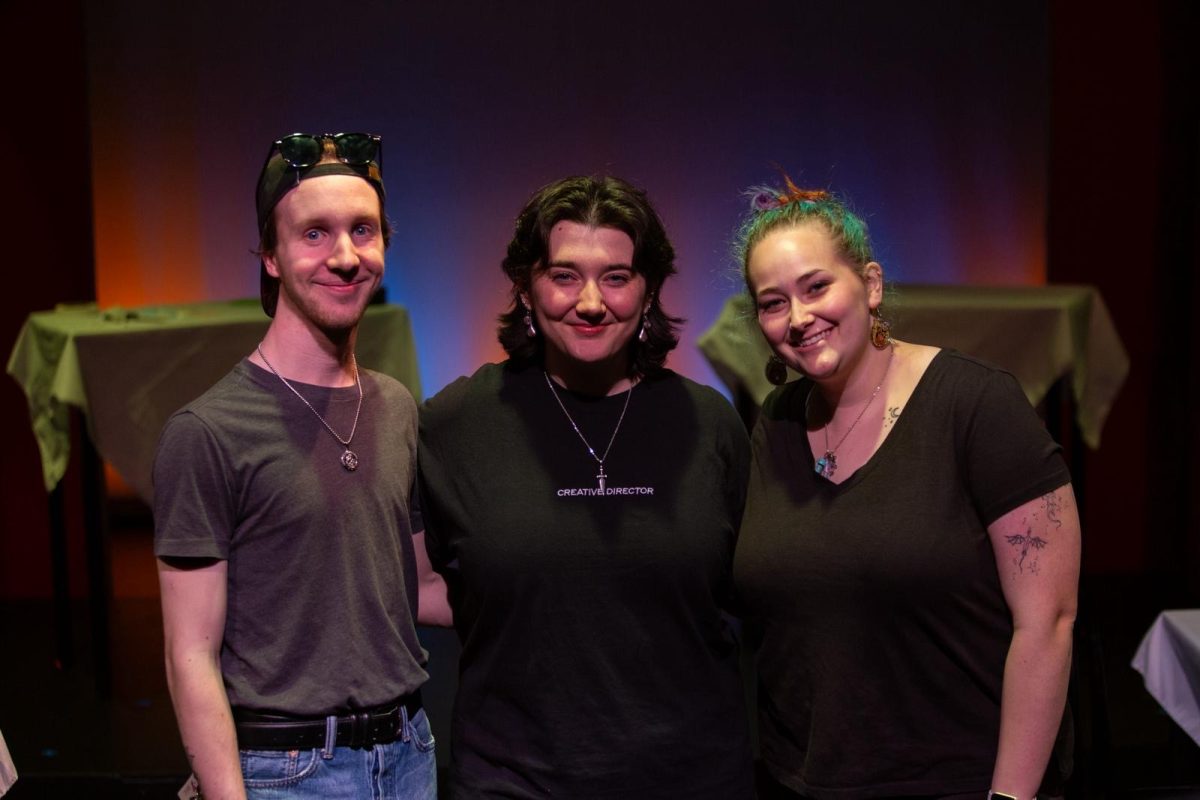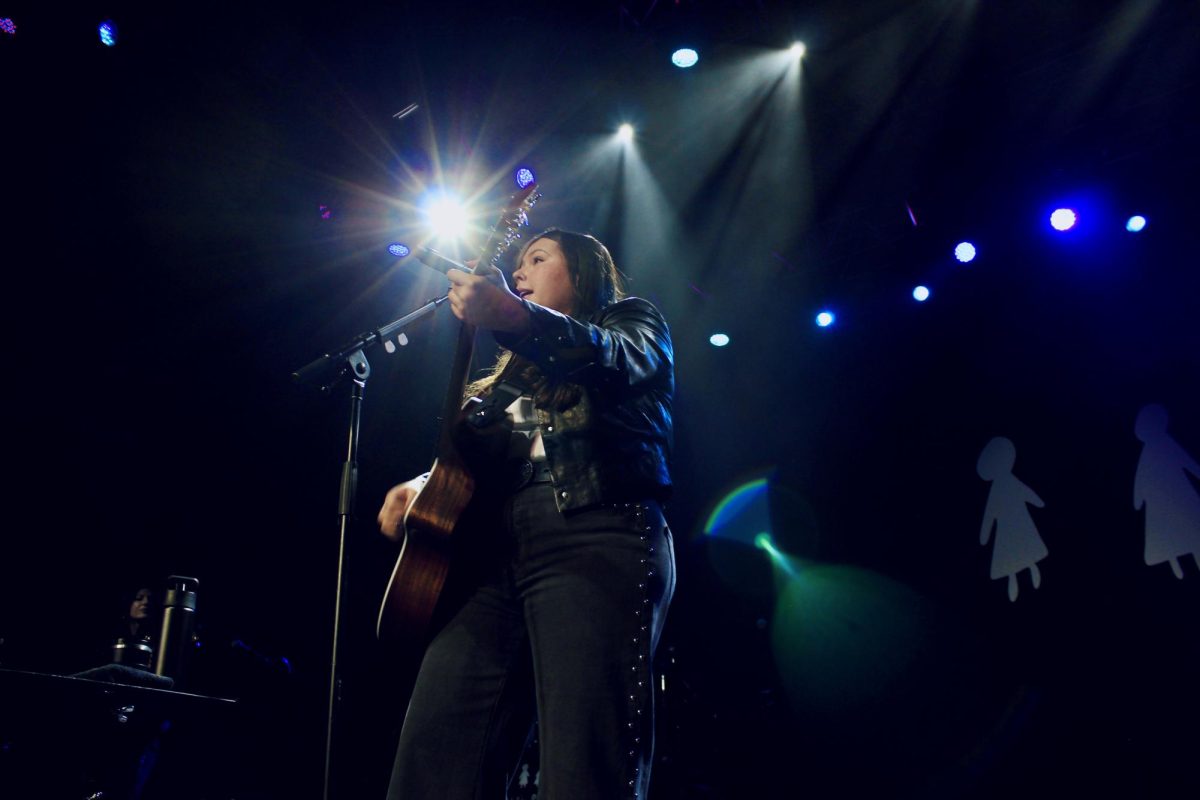As big events approach in the coming years in Boston, the city council looks for ways to optimize the city’s resources to ensure that local businesses are prepared for the increase in tourism with the coming events, like the World Cup.
Boston City Council President Ruthzee Louijeune emphasized the importance of the preparations for the coming events, intending to, “include everyone [in preparations] and aid in scaling up” in a meeting Oct. 10.
“[We need to be] ensuring we are equitably investing in tourism opportunities,” said Louijeune.
One aspect of tourism that is not often brought up in meetings like this one, is how tourism affects local bars. With sporting events like the World Cup coming up, the effect that tourism will have on bars, specifically sports bars, will be prominent.
One largely respected Irish pub in Boston, The Dubliner, is largely affected by incoming sports tourism. Bartender Brian McDonnell shared how The Dubliner serves as one of “the main soccer bars in Boston.”
“Leading up to the events, we might do a kind of collab with different brands, like different beers,” McDonnell said. “Like, the Michelob Ultra is one of the main sponsors so we’ll certainly be doing events with them leading up to certain stuff. We’re [also] just posting from social media so that everyone knows the different games that can be shown.”
Moxy, a boutique hotel and bar located in the Boston Theater District, is affected differently than a traditional sports bar like The Dubliner.
“As a hotel, the flow is a little bit different,” said Max, a Moxy bartender. “You get everyone before [the games] and then everyone after. A lot of people are probably only going to go to one of the games, but they’ll still travel to Boston to see it, but then they go out.”
Max described a trend in the way the days flow for the business.
“Over the weekend, all the tourists come in, they get super busy during breakfast, and then super dead during lunch because everyone’s running around,” said Max. “And then at the end of the night, because we’re right next to the Theater District, a lot of people will come back after the shows. And it’s going to be similar for the games.”
With added tourism and games running late, the MBTA system is especially important to the lives of bartenders in Boston.
“Unfortunately, our mayors are almost always bought by the MBTA unions,” said Max. “The train system sucks. Yes, for us. I mean, the train system functionally is good, but, like, I’m fortunate enough where this bar technically closes at 12 [a.m.] on Friday, Saturday nights. But I live in Harvard. And the Park Street train, the last train, you’ve got to get there before 12:30, or you’re walking, or you’ve got to pay for a $40 Uber . And also during games, there’s going to be tons of spike pricing [with Ubers]. So that’s going to be even crazier for us.”
Max feels like there should be some support from the city on how late the trains run, especially for the sake of bartenders like him.
“There’s always rumors about the MBTA running later, but it always falls through,” said Max. “Back in, I think it was 2017, the city did a trial of running the train until about three [a.m.] or so during the summer. Everyone loved it, but then the government was like, well, ‘what about the money?’ But what they did is they hired those red coat ambassadors, you know, to create jobs, and as a politician, that looks bad, I get that, but also, you know, it sucks.”
While Boston is affected by the World Cup coming, no other place is more affected than Foxborough, Massachusetts. Home to Gillette Stadium, where the World Cup matches will be hosted.
Suffolk University professor David Gallant is more concerned about how cities and towns outside of Boston will be affected by all of the new tourism.
“It’s not just gonna be sent to Boston,” said Gallant. “It’s going to be spread out through the region. Even when there are big events for the NFL, for football games that take place in Foxborough. The center of all of that activity is not Boston. Providence is always the city because it’s easier to get in and out and it’s much closer to Foxborough and easier to get to.”
Gallant spoke further on transportation.
“There’s gonna be a lot of traffic going in and out of and everything that’s between Boston and Providence and Foxborough where all that’s gonna be centered,” said Gallant.“So people may think [of] Boston, but then they are going to be looking for places to stay, AirBnB’s, hostels, hotels are going to be a lot less expensive closer to the stadium and they have to think about how they’re going to get there. So the impact is gonna be widespread, and it’s not just gonna be Boston centric.”


















